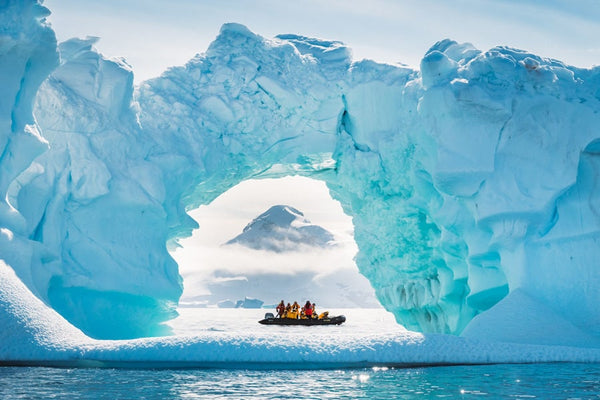Covid Free & Freezing Cold
I have always wanted to go to Antartica. I hate the cold but I am spell bound by the ice blues. They are out of this world. The whales mesmerise me and the penguins are really cute.
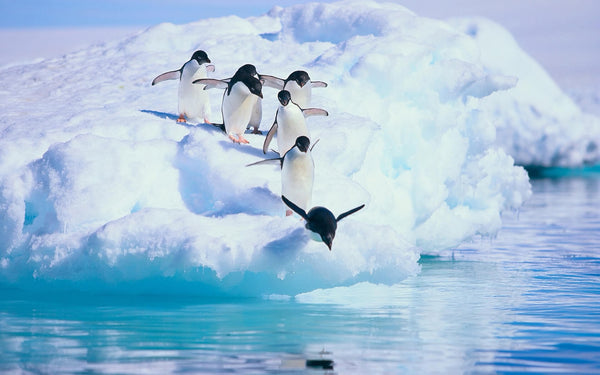
There are a lot of things to consider when choosing Antarctica as a holiday destination:
1. It is not easy to get there
2. You can only go in the summer
3. It is expensive
4. The voyage across the Southern Ocean can be horrendous
5. It is very cold
In spite of all that, the scenery and wildlife are awe inspiring.
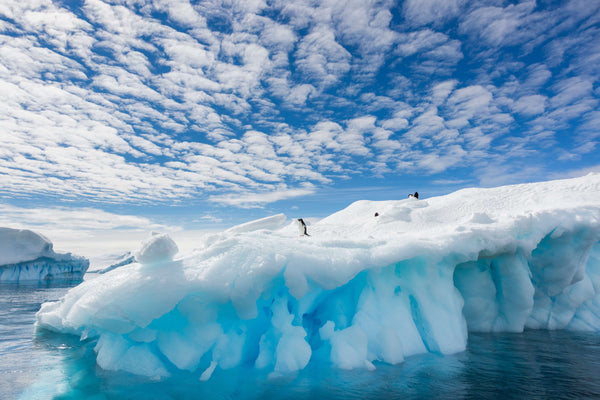
It is still on my Bucket List which is fast becoming a Triple Road Train List. My dream mode of transport is a Ponant Cruise. Check out their video clip which has some superb footage of an Antarctic Expedition Cruise.....
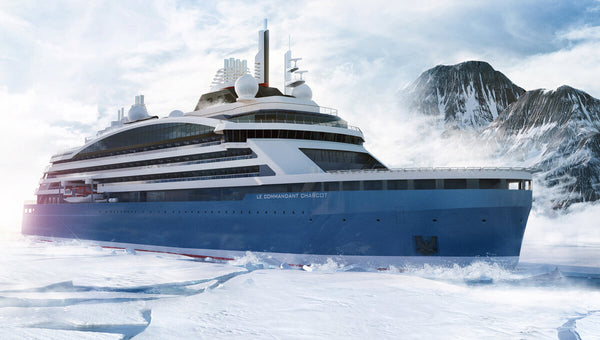
Ponant - World Leader in Luxury Expeditions
and now it is the only continent without Covid-19. Not something I'd thought of until I read this article by National Geographic. So, while we have problems all around the world, this distant, frozen land has its own set of logistical hurdles with the pandemic.
Here is the article for you to have a read - it is quite interesting - with some interesting links .....
---------------------------------------------------------------------------------------------
Antarctica is the last continent without COVID-19
Scientists want to keep it that way.
Studying Antarctica is critical to combating climate change, but most scientists can’t travel to the continent this upcoming season.
The busy summer season in Antarctica begins in October and runs through February, when thousands of scientists from dozens of countries usually pack into the continent’s remote research stations. Forty permanent bases dot the desolate landscape, a number that nearly doubles when summer-only facilities resume operations. This year, however, getting to this icy scientific realm comes with a serious concern: Antarctica is the only continent without a single reported case of COVID-19.
Medical care at the research stations is limited, and dorm-like living makes it easy for disease to spread even in the best of years. During a pandemic, reducing the number of scientists on the continent will mitigate the risk of an outbreak, but it also disrupts urgent research.
Scientists working on Antarctica scan the stars with telescopes, search for fundamental particles, and study some of the most remarkable animals in the world. The remote continent is also crucial to understanding changes across our entire planet. Climate scientists study ancient air bubbles trapped in the ice to understand Earth’s history, and they monitor the melting ice sheet and warming Southern Ocean to forecast the planet’s possible future.
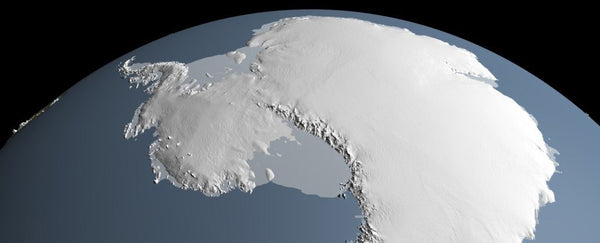
But most of these scientists will have to do this work away from the continent this season, relying on remote sensors and the large volumes of data and samples collected in previous years.
“It is gut-wrenching,” says Nancy Bertler, director of the Antarctic Science Platform in New Zealand. “We only have a few years left to make some very significant changes to avoid the worst of climate change consequences, and we can’t afford to wait a year.”
Keeping COVID-19 off the ice
